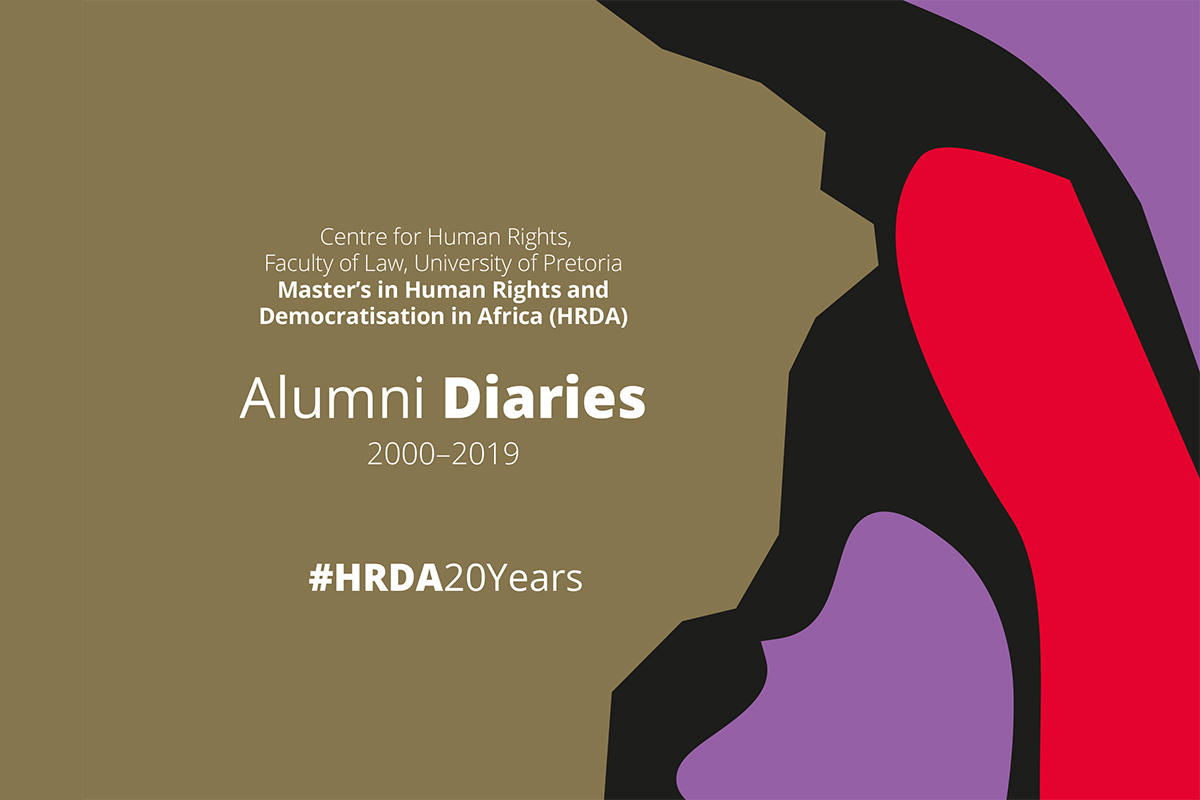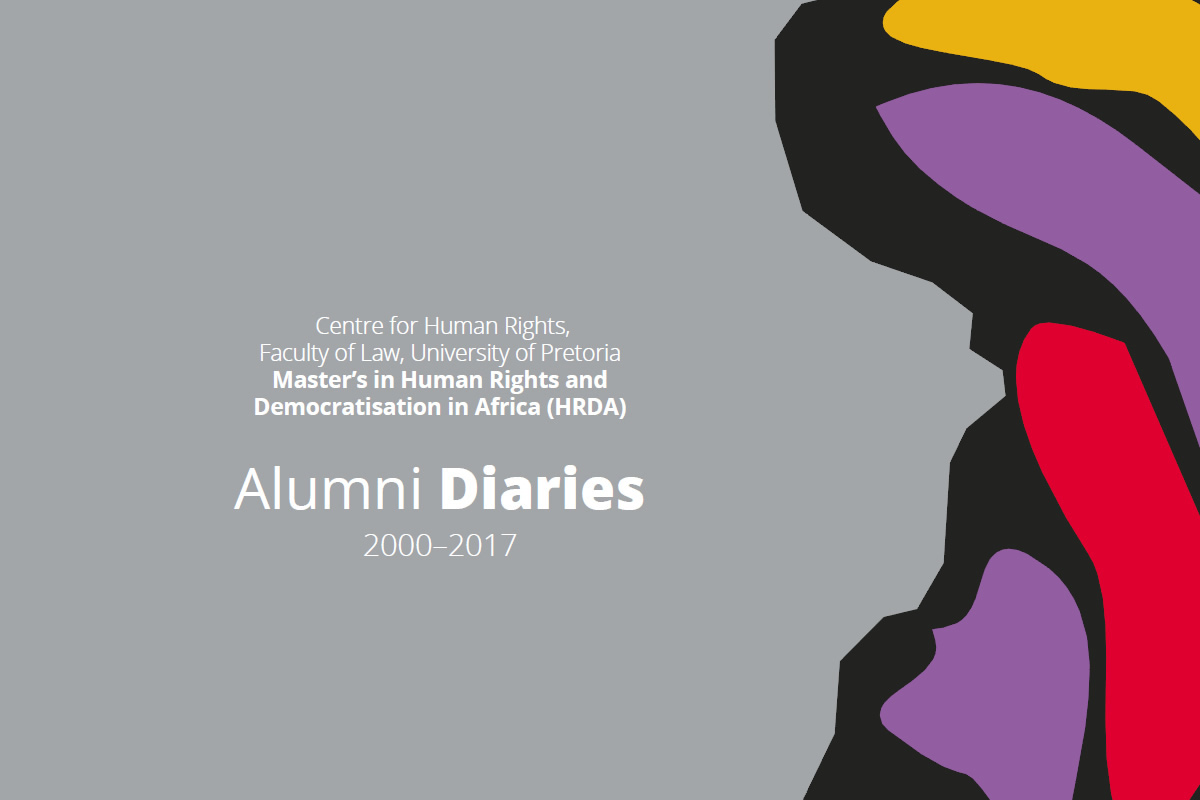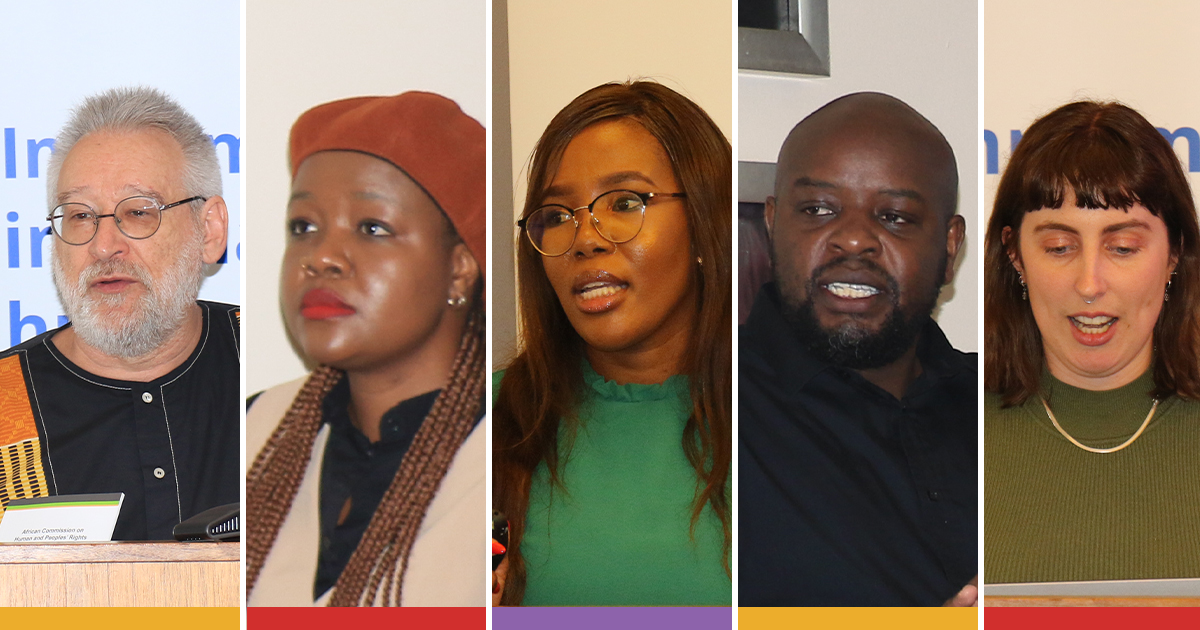On 13 February 2024, the Centre for Human Rights, Faculty of Law, University of Pretoria, in collaboration with the South African Human Rights Commission (SAHRC), the Independent Electoral Commission (IEC), the Information Regulator (IR), the Human Research Council (HSRC), Media Monitoring Africa (MMA) and the South African National Editors’ Forum (SANEF) convened an engagement with representatives from the media and civil society, focusing on the upcoming May 2024 South African elections. The purpose of the engagement was to deliberate and strategise on monitoring and reporting on the forthcoming elections, with a specific focus on the information ecosystem, electoral transparency, and integrity. This collaborative initiative underscores the shared commitment to fostering a transparent and informed democratic process in the upcoming electoral events.
There should be no concern that we are increasingly been referred to as the “Pretoria Mafia” by other human rights and democracy actors in Africa and beyond. Yes, we should be proud to be mentioned as who we are: A human rights mafia. Our headquarters are at the Centre for Human Rights, University of Pretoria, South Africa and we have now established country chapters in more than 15 African countries. More chapters are expected to operate in the rest of the 25 other countries in Africa, the Americas and Europe where our alumni are originally from or are based.
(Excerpt from the Editorial)
For 12 years, the Master's programme has strictly been an LLM and as such only law graduates were eligible to apply. However, this year, there is a new development. The Master's programme is now LLM/MPhil Human Rights and Democratisation in Africa. Why “MPhil,” you might ask? The answer to this question must necessarily begin with an understanding of what the realisation of human rights entails. While on the programme, I personally observed that when we talk about human rights and democratisation, we talk of disciplines beyond our legal comfort space. We talk about politics when we begin to access the benchmarks for democracy. We speak in scientific languages when we demand states to provide essential medicines. We segue into the figures of economics when we assess the argument of budgetary
implications for the realisation of socio-economic rights. We rely on journalism to provide details on the information we cannot personally gather.
(Excerpt from the Editorial)
There is an emerging intrigue to the African Human Rights Moot Court Competition that we all need to begin to watch out for and hopefully in the near future we would premiere a documentary about the active participation of alumni in the annual moot court competitions.
Significantly, at this year’s moot, four of our alumni led teams to Cape Town. Alumnus Jean-Desire Ingang-Wa-Ingange led the team from Université Libre de Kinshasa, Democratic Republic of Congo; Alumna Lungowe Matakala Chishinga led the team from the University of Zambia; Alumnus Johannes Buabeng-Baidoo led the team from the University of the Gambia; while Alumnus Roopanand Mahadew led the team from the University of Mauritius. Université Libre de Kinshasa donned various glamorous hats at the moot! The team had the third best French oralist; the third best French memorial and was the second-best French team in the Moot Competition, making it to the final round. The three English teams also did well. Not only were they among the top five English speaking teams of the competition, they also had students in the top fifteen best English oralists. The University of Mauritius was among the top ten English memorials. We cannot but commend our alumni in the training of these teams.
(Excerpt from the Editorial)
Sometime last year, there was a story of a ‘standing man’ in Turkey; a man whose lone protest not only inspired many but also kindled worldwide curiosity and became a symbol of defiance to repressive rule. When the police detained a number of others who joined in for literally doing nothing, this act served to show some of the excesses in the use of state power.
One significant lesson which the story of the standing man teaches is that doing something in protest against an unpleasant situation, no matter how insignificant it may appear, can make an impact. Staring at the image of the founding father of Turkey did not unseat the government in Istanbul but it was enough to draw the eyes of the world, through the media, to a situation that required attention.
Sometimes it is that little thing that counts; that lone stand against oppression, that little advocacy on righting human wrongs, that little decision to bring about the change we desire to see in the world. The little which seems insignificant may be just about sufficient to withstand one of those wrongs on our continent.
However, the big question is: are we ready to do that little?
(Excerpt from the Editorial)




